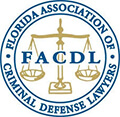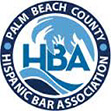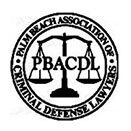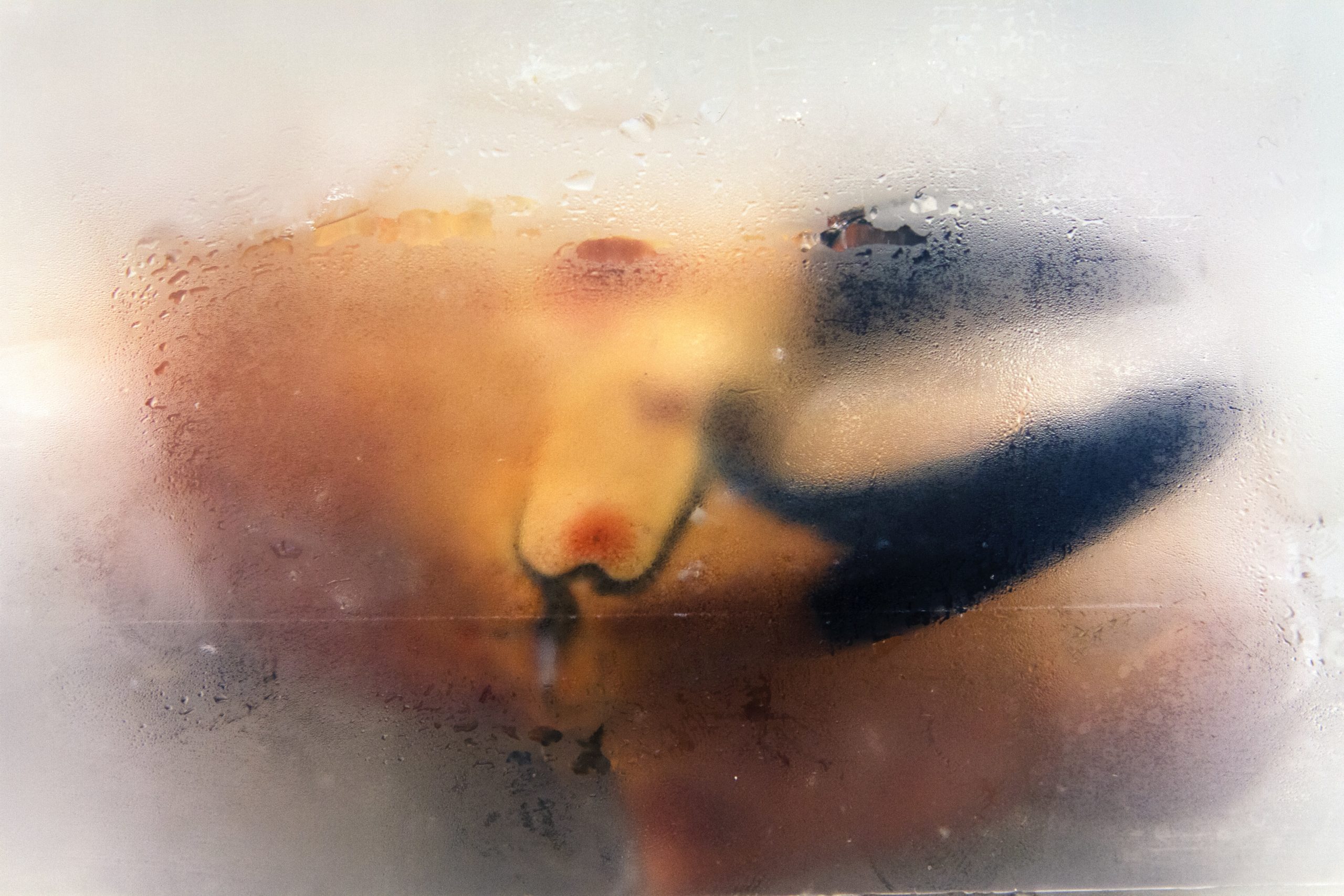We have a beautiful natural habitat in Palm Beach County, Florida that boasts hundreds of wildlife species. From the American Alligator to Manatees, our County has awe-inspiring creatures on the land and in the sea. Both tourists and residents of PBC love to admire our fauna.
Some people, however, do more than just admire; whether for food or sport, humans often fish, hunt or harvest wildlife in Palm Beach County. Some of these activities of pursuit and capture are lawful in Florida; others are not. Because fishing, hunting and harvesting can seem like natural and innocuous activities, many people do not realize that this type of recreation (or business) is heavily regulated. These regulations extend to the popular stone crab.
The Florida Fish and Wildlife Conservation Commission (FWC) is a state government agency founded by the Florida Constitution in 1999 with authority to make rules and regulations to manage the State’s fish and wildlife resources for the benefit of the animals and the people. FWC’s rules and regulations are codified in the Florida Administrative Code (F.A.C.) “Department” 68. This Department is divided into “Divisions” – Freshwater fish and Wildlife, Marine Fisheries, and Aquatic Plants, to name a few – which are further divided into “Chapters” that set out the law by specific species. In addition to the FAC, Florida Statutes Chapter 379 titled, “Fish and Wildlife Conservation” outline the law and potential penalties for fish and wildlife violations.
Chapter 68B-13 outlines the rules and regulations regarding the highly coveted stone crab. The stone crab is defined as any crustacean, in whole or in part, of the species Menippe mercenaria or Menippe adina. Stone crab claws are popular shellfish for consumption at home or in restaurants. To protect this species from becoming extinct, the FWC designated stone crabs as a restricted species and enacted regulations with respect to season, quantity, licensing, and more. Below are some of the most commonly violated stone crab laws:
- Season: Stone crab season is from October 15 through May 15 each year. From May 16 through October 14, it is illegal to harvest (meaning catching or taking) or even possess stone crabs (with limited exceptions). This regulation applies to individuals and businesses alike.
- License: A stone crab endorsement is required (in addition to a saltwater products license) for the purpose of harvesting and possessing stone crabs for commercial purposes.
- Size: A stone crab claw must have a forearm of at least 2 ¾ inches in length
- Parts: It is illegal to possess or transport any intact stone crab or stone crab body. Only the claws may be possessed or transported.
- Fishing: Devices that can injure the crab body are prohibited. Examples include spears and hooks.
- Traps: Crab traps used to capture stone crabs must be made of either wood, plastic, or wife; must have a maximum size of 24 X 24 X 24 inches or a volume of 8 cubic feet; must be worked during daylight; and must not be in place off season. For recreational purposes, a person cannot use more than 5 stone crab traps. The traps must have the harvester’s full name, address and valid identification number.
- Amount: The daily bag limit for recreational stone crab harvest is 1 gallon of stone crab claws. No more than 2 gallons should be on any vessel at any time.
Violations of stone crab regulations subject an individual to a range of penalties. The specific maximum penalty for a stone crab offense depends on the type of violation and a person’s prior FWC record. Section 379.401 Florida Statutes outlines penalties by “levels.” Level One Violations, such as violations regarding recreational licenses, are noncriminal infractions that require payment of civil penalties. Level Two Violations (related to more serious offenses such as off-season harvesting, exceeding bag or size limits, and the use of stone crab traps without trap tags) are considered misdemeanor crimes punishable by a fine and/or jail. Level Three Violations involving certain sale and transportation offenses are considered first degree misdemeanors punishable by county jail and mandatory fines. Lastly, should an offense rise to a Level Four Violation such as forging a recreational license or certain instances of unlawful taking of stone crabs, a person may be charged with a third degree felony, punishable by hefty fines and up to 5 years in state prison.
It is important to become educated on the rules regarding stone crab collection and, for true lovers of the outdoors, on all the other FWC rules regulating hunting/harvesting/fishing activities and species. The Florida Fish and Wildlife Commission has hundreds of law enforcement officers in Palm Beach County dedicated to protecting our diverse fish and wildlife. These officers have special powers under the Florida Constitution (such as the right to search vessels without a warrant) and will prosecute to the fullest extent of the law. To avoid a criminal charge or an infraction, be sure to read the Florida Administrative Code and Florida Statutes carefully.
For those who already face a Fish and Wildlife charge, contact Casanova Law today. Casanova Law is a criminal defense law firm in Wellington, Florida well-versed in stone crab and other FWC cases. Our team will fight against your FWC charge. Attorney Lourdes Casanova is a former prosecutor for Palm Beach County with years of experience involving Fish and Wildlife violations.
(561) 236-5340








